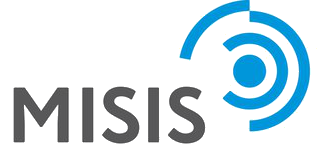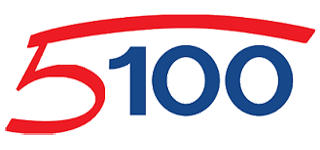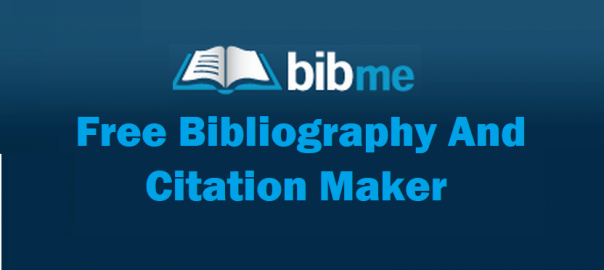The BibMe Plus writing and citing tools go far beyond the basics of just proofreading; it also checks your paper for plagiarism and helps you build your biography quickly. Our tool scans your document for similar content on the Internet.
If it encounters a passage that may need a citation, it flags it so you can review the passage, examine the source, and easily create and insert a citation if it’s needed.
Try it out now!
How Does the Plagiarism Checker Work?
Before subscription-based and free plagiarism checkers became readily available, figuring out how to check for plagiarism efficiently and effectively was a vexing problem. After all, reviewing every inch of every paper by hand and comparing it all with the entirety of the world’s published works for potential signs of an accidental, ethical breach would be an arduous and potentially impossible task. That’s why instructors across all levels of education often rely on automated scanning tools (like a paid or free online plagiarism checker) to check papers and help them identify instances of academic dishonesty; and why students should, too.
A free plagiarism checker may scan your paper for matching text and merely highlight the problem areas and return a percentage that reflects the amount of unoriginal writing it uncovered. The BibMe Plus paper checker offers a lot more than a free plagiarism site. BibMe Plus doesn’t stop at just scanning your paper; it helps to give you the information you need to make fully informed and intelligent decisions that can ultimately help you become a better researcher. Our plagiarism detector reveals any passages that require your review and returns the results to you, along with links to the source that contains matching text.
What is Plagiarism?
Knowing the potential consequences of plagiarism certainly makes it clear why you should avoid it. However, without a concrete definition, abstaining from it can prove challenging.
If you’re wondering, “What does plagiarism mean?” an easy to remember plagiarism definition is that it’s the act of using someone else’s work or ideas without giving them proper credit. It’s important to note that this definition is not bound by intention, and students may commit it both knowingly and unknowingly in a research paper. Submitting coursework with uncredited passages or other evidence of academic dishonesty can result in significant consequences, so students must be mindful of all the forms infringement can take if they wish to avoid repercussions.
Learning to define plagiarism is just the first step in developing the awareness necessary to avoid it. Identifying it in its various forms is the crucial next step, combined with consistently utilizing a subscription-based or free online plagiarism checker as a non-negotiable element of your paper-writing process.


